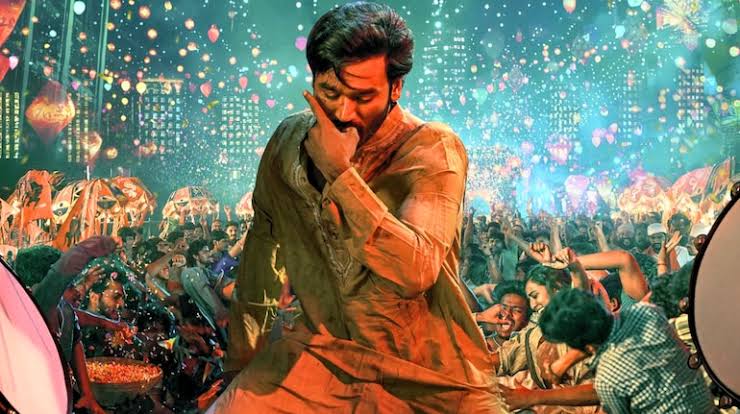Sekhar Kammula has pulled off something genuinely interesting with “Kuberaa,” a film that throws together three powerhouse performers in a story that feels both familiar and surprisingly fresh. This isn’t your typical star vehicle – it’s a carefully crafted exploration of what happens when ordinary people get caught up in extraordinary circumstances.
The film follows a beggar who undergoes a dramatic transformation, weaving together stories of greed, ambition, and the moral quicksand that comes with chasing wealth. Dhanush, in his 51st film as a leading actor, delivers what can only be described as a masterclass in nuanced performance. He embodies this cunning street-dweller with a raw authenticity that makes you forget you’re watching one of South India’s biggest stars. There’s something deeply unsettling yet magnetic about his portrayal – he makes you root for a character you probably shouldn’t trust.
Nagarjuna brings his veteran presence to the role of a middle-class man navigating the shadows of urban life. What’s refreshing is how he doesn’t rely on his star power here. Instead, he disappears into the character, creating someone who feels genuinely lived-in. The chemistry between him and Dhanush crackles with tension, and their scenes together are some of the film’s strongest moments.
Rashmika Mandanna steps away from her usual roles to portray a woman frustrated with her lower-middle-class existence. She’s the emotional anchor of the film, and while her character could have easily become a victim of circumstance, Mandanna infuses her with agency and depth. She’s not just reacting to the chaos around her – she’s actively shaping it.
The supporting cast, including Jim Sarbh as a wealthy businessman and Dalip Tahil, adds layers to this complex narrative. Sarbh, in particular, brings a calculated menace that serves as a perfect counterpoint to the desperation of the other characters.
What sets “Kuberaa” apart is how it handles its central theme. The film “revolves around the pursuit of wealth and its consequences,” but it doesn’t preach or oversimplify. Instead, it presents characters making choices in morally gray situations and lets the audience grapple with the implications. The film asks uncomfortable questions about what we’re willing to sacrifice for financial security and whether redemption is possible after crossing certain lines.
Kammula’s direction is confident and measured. He takes his time building tension, and the payoff feels earned. The cinematography captures both the gritty reality of street life and the cold sterility of corporate boardrooms with equal skill. Devi Sri Prasad’s score complements rather than overwhelms the narrative, adding emotional weight without becoming manipulative.
At just over three hours, “Kuberaa” demands patience from its audience. Some might find the runtime excessive, but the film uses its length to develop its characters and themes thoroughly. Early reviews have praised it as “a powerful crime thriller with top-notch performances,” and that assessment feels accurate.
The film doesn’t offer easy answers or convenient resolutions. Instead, it presents a world where good and evil aren’t clearly defined, where desperation can drive decent people to make terrible choices, and where the pursuit of wealth can corrupt even the most well-intentioned individuals.
“Kuberaa” succeeds because it treats its characters as complex human beings rather than archetypes. It’s a film that lingers in your mind long after the credits roll, making you question your own moral compass and what you might do in similar circumstances. In an era of formulaic entertainers, this feels like a genuinely adult piece of filmmaking – challenging, rewarding, and thoroughly engaging.


